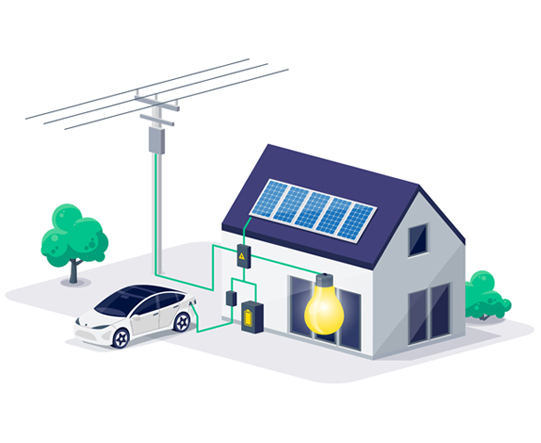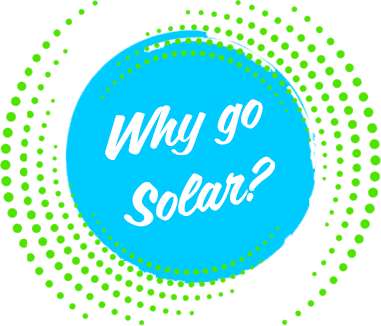EVERYTHING SOLAR
Solar Smart Living Has You Covered
We manage everything you need to power your home with solar energy. From creating a custom design to optimize your system’s performance and managing permit applications, to a seamless installation with continuous system monitoring.
With over 20 years of experience, we’ve helped more than 10,000+ homes in El Paso & Las Cruces go solar.
We Have the BEST Equipment, Installers, & Prices
30%
Tax Credit
FREE
Estimates
30 YEARS
Warranty
30 YEARS
Warranty
30 YEARS
Warranty
Residential Solar Panels
Performance Without the Expense
Solar Smart Living is proud to offer residential solar panels from leading manufacturers at the best price available to help you save money. Installing solar panels adds value to your home and reduces your dependence on external electricity sources. This provides a safeguard against unexpected disruptions in your power supply.
Solar panels are installed on rooftops and produce no waste. They are designed to operate effectively in all climates. However, the angle of the panels and any shading can impact the system's performance. Installing solar power systems in your home will not only slash your carbon footprint and lower your electricity costs but you will also be contributing to a healthier environment for future generations.

WHAT SHOULD YOU KNOW ABOUT GOING SOLAR?
Building a Sustainable Future Powered by Renewable Energy
With over 300 sunny days a year, El Paso and Southern New Mexico are ideal locations for solar energy. Solar uses technology to take the energy derived from the sun to generate electricity. Solar energy is renewable and abundant, making it essential for reducing greenhouse gas emissions and fighting climate change.
Solar energy systems, including solar panels, are built to work in all climates. However, some rooftops may not be ideal for solar systems due to their age or shade from nearby trees.
Cost savings
Solar panels can help lower your electricity bills and save you money.
Good for the environment
Solar energy is a clean, renewable resource that reduces greenhouse gas emissions.
Highly efficient
Solar energy systems require minimal upkeep and can be paired with battery storage for maximum efficiency.
Increased Property Value
Homes equipped with solar energy systems often see an increase in property value.
Accessibility & Adaptability
Government incentives and tax credits can reduce the initial costs of solar installations.
What Are Solar Incentives and Regulations?
Buying a solar energy system makes you eligible for the Solar Investment Tax Credit (ITC), which is a federal tax credit on your system available through 2022. Consult your tax professional for more information.
How do I pay for solar panels?
Navigating the landscape of solar financing can be difficult. Explore our options, including cash purchases, solar loans, and incentives.


